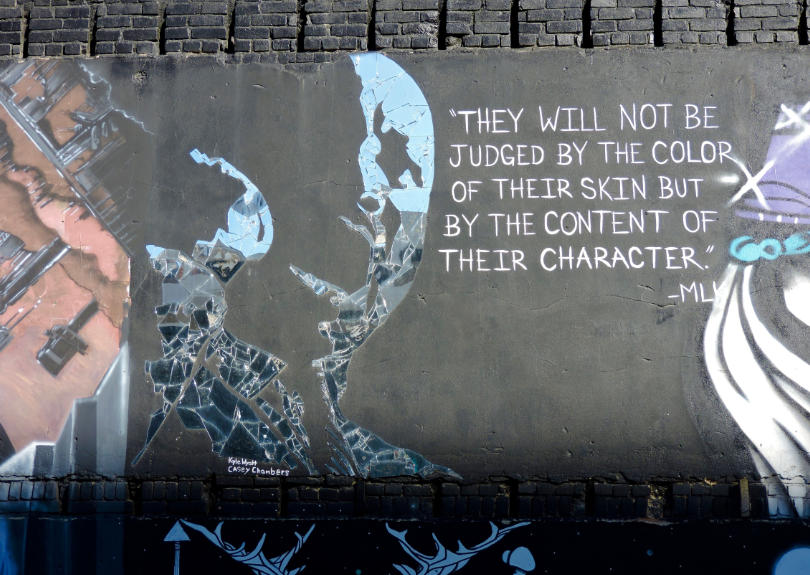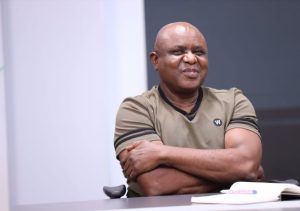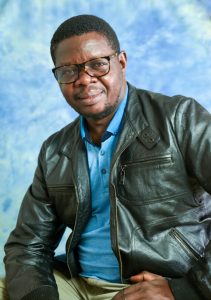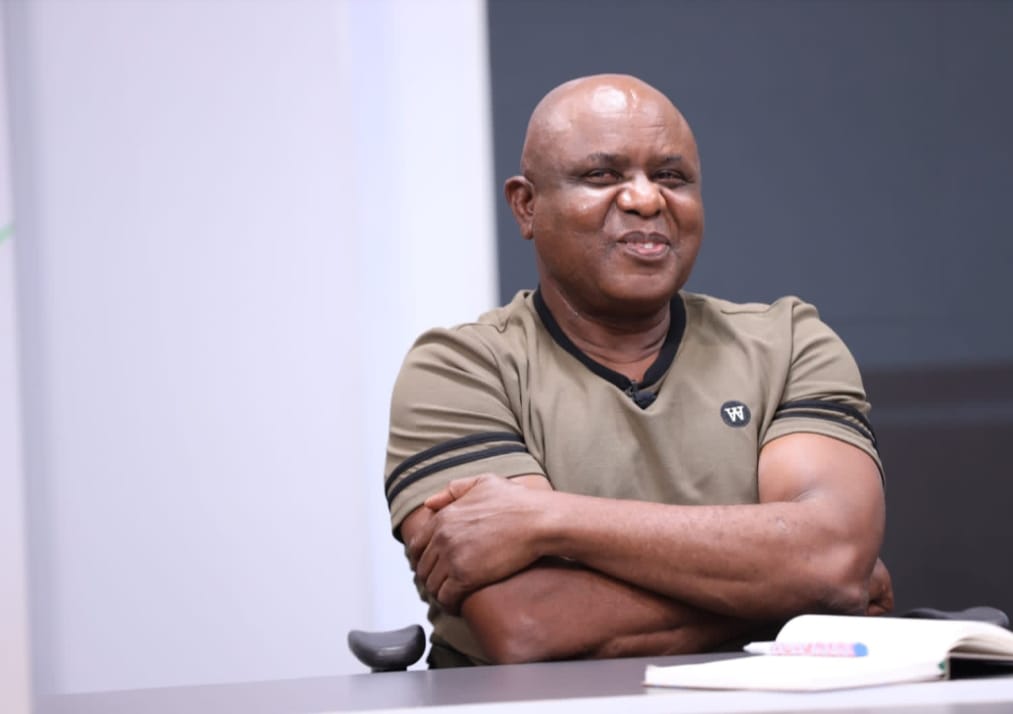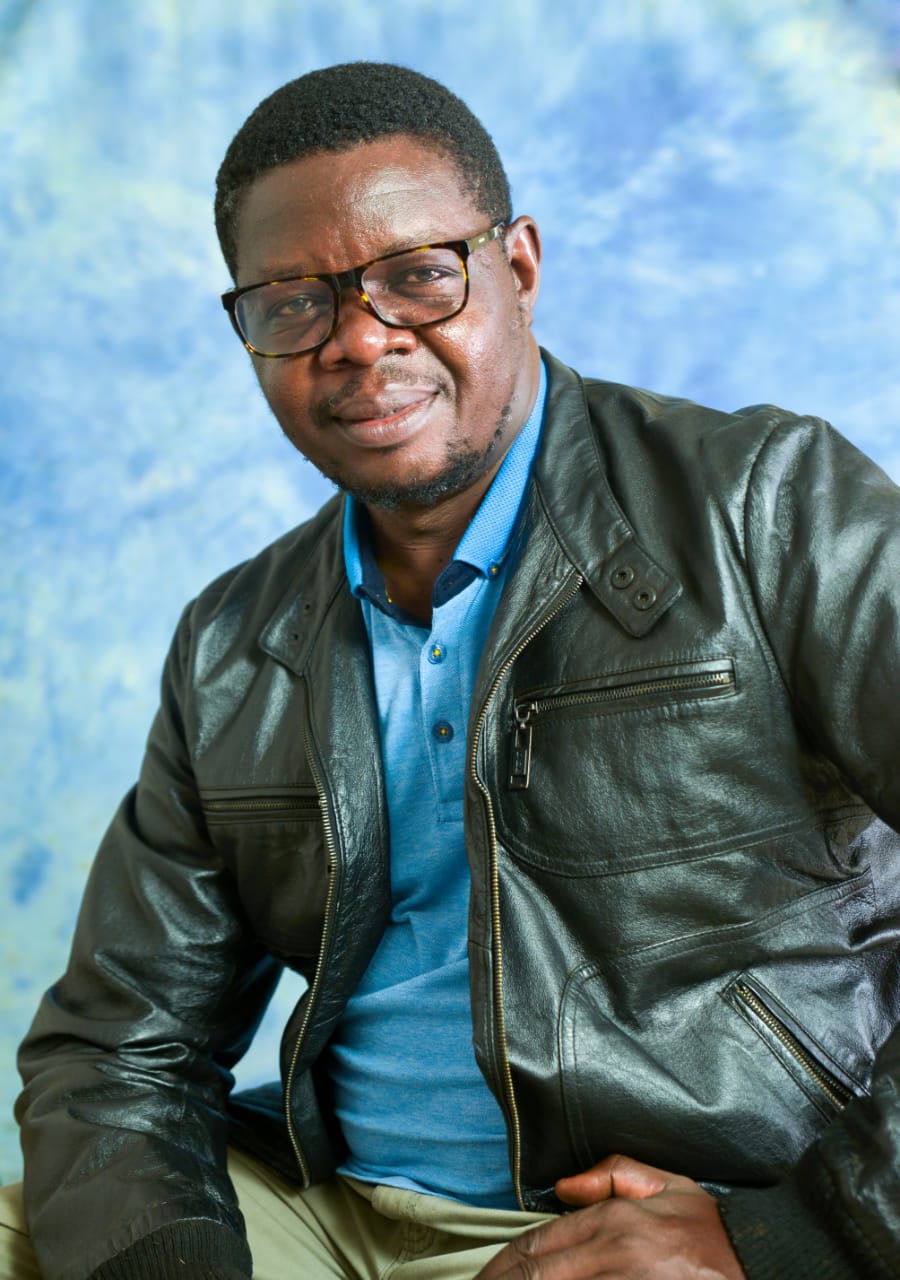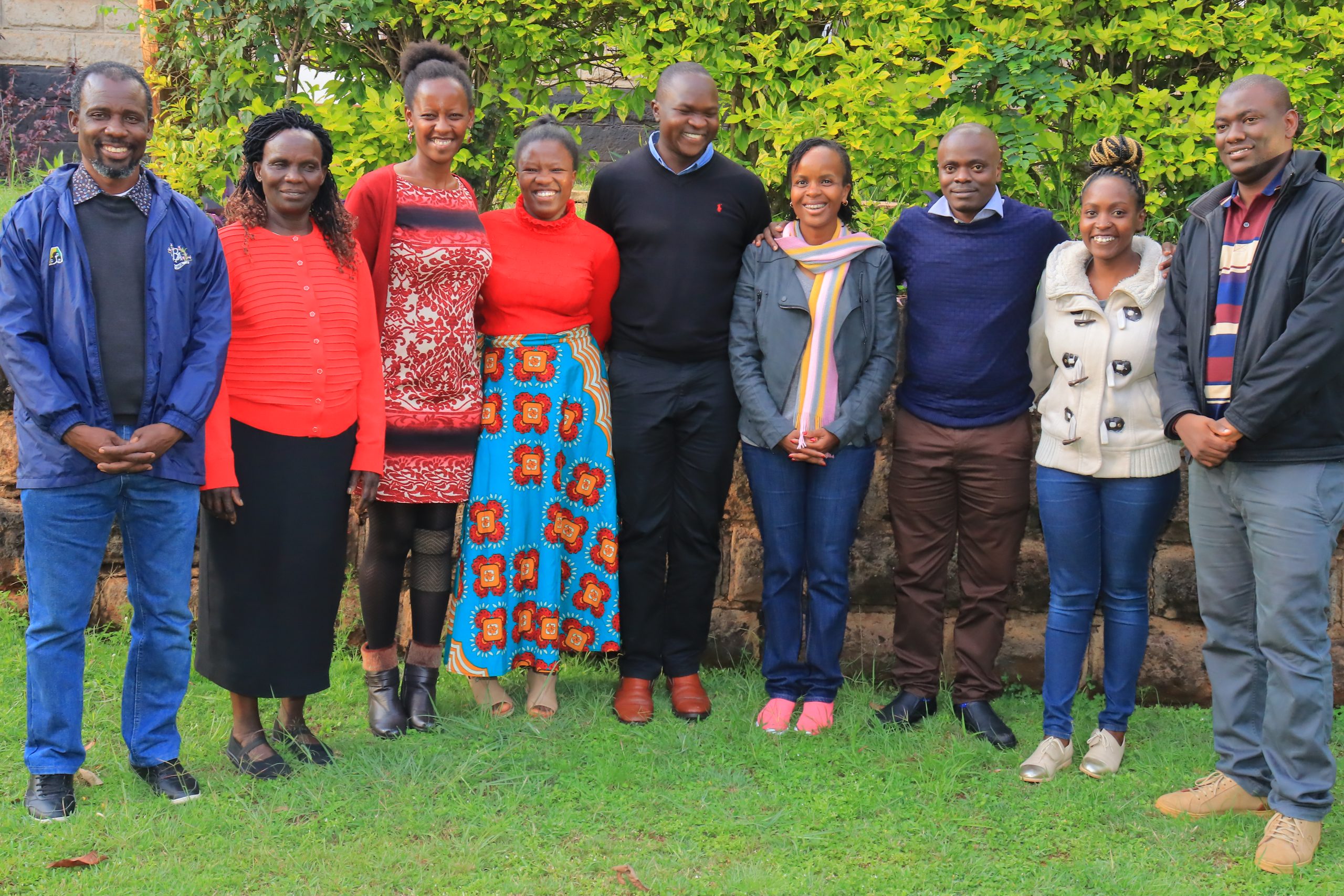LEADERSHIP IN AFRICA TODAY
By David Ngugi
The Russian President Vladimir Putin, says that with the size of Africa and its immense resources , if only it had the right leadership, it would be one of the economic power houses of the world today. This requires of us all to do a thorough introspection to find out the veracity of this assertion.
There have been efforts through out history to find out the meaning of leadership, its success or failure.
The Greek biographer Plutarch in his book “Lives of the Noble Grecians and Romans”, captured the history and character of men like Julius Caesar, Mark Anthony, Cicero, Pericles, Sophocles among others.
It was from these rich records that William Shakespeare drew inspiration to articulate their vices and predilections, their strong feelings of Roman citizenship—Civils Romanasum or Greek Democracy. Julius
Caesar, though he expanded the frontiers of the Roman empire was murdered because of showing dictatorial tendencies.
In 1841, the British historian Thomas Carlyle wrote a book on heroes in which he argued that the history of the world is the activities of “great men”—their idiosyncracies and predilections.
Africa has not had a dearth of great men who occupied leadership positions for generations. They plundered resources , impoverished their countries and retarded development. Mobutu Sese Seko of Zaire, Jean Bedel Bokasa of Central Africa Republic to mention but a few. Their vices, myopia and indulgences are legendary.
The first generation of African leadership was very well meaning although their vision was blurred by the social economic milieu of their time. The Pan-African vision was limited to liberation from colonialism only.Even Dr Kwame Nkrumah with the dream of uniting Africa advised leaders to “seek ye first the political Kingdom and everything else would follow”. What would follow, was economic liberation which he articulated in his book “Neocolonialism-Last stage of imperialism” was not to be because of the great power rivalry in the continent. Even Mwalimu Julius Nyerere of Tanzania had to
tread warily. His African socialism became a cropper and he as a leader had to retire.
The French Agronomist, Rene Dumont assessing Africa’s performance in the 1970s summed it up in his book as “False Start in Africa”.
What kind of leaders does Africa need in the 21st Century?
In his famous 20th Century essay, “The role of an Individual in History”, the Russian historian Georgi Plekhanov, reduces the role of a leader –an individual to a droplet of water that breaks the meniscus on a full beaker of water. Put in simpler terms there has to be a precedence of a historical process such that an individual who embodies a peoples desires, anxieties, aspirations comes in to give direction in which these can be attained.
In Black America subsequent to the end of the civil war that ended in 1865 there was shared need for the slaves to free themselves. A simple lady Harriet Tubman who knew the contours of the land and had connections along the route ferreted thousands of black people to freedom in the Northern states and Canada. Her activities became legendary to the abolitionist movement and the unity Government.
In the 1950s the anti—segregationist movement was gathering momentum in the South of the United States. It was yearning for a leader. Once Rosa Parks ignited the spark leadership fell on Martin Luther King. King became the symbol of the shared need to end segregation in buses, in schools and equality for all.
After the ignominious genocide in Rwanda the shared cry for Justice created its own leadership in the person of Paul Kagame. He became the symbol, the expression of the will of the people who survived.
In the 21st Century Africa needs leaders who clearly understand its historicity vis-à-vis the rest of the world, like the Chinese in their understanding of the one hundred years history of humiliation in which they lost their ports and territory. With patriotism of ancient Rome and faith in Democracy like the Greeks. Leaders with a clear grasp of the developmental needs of the continent and the vision and the wherewithal they would take us. Leaders who know that development today is technology driven and will harness it appropriately.
Does Africa today have this shared universal quest, need, yearning for development.? Quest for justice and equitable sharing of her wealth? The fight against greed and corruption?
Africa may have many contradictions. Large swathes of population is still tethered to economics and ways of life akin to the 19th century. It also has large highly educated middle class whose outlook and tastes mirror those of the 21st century Europe and America. This is not strange for even China—now the second largest economy in the world still claims that it’s a developing country.
The challenge of development in the 21st century is urgent and demanding. Every situationality in history produces its own leadership. Africa will certainly rise to the occasion!
——-David Ngugi.
{Historian}

